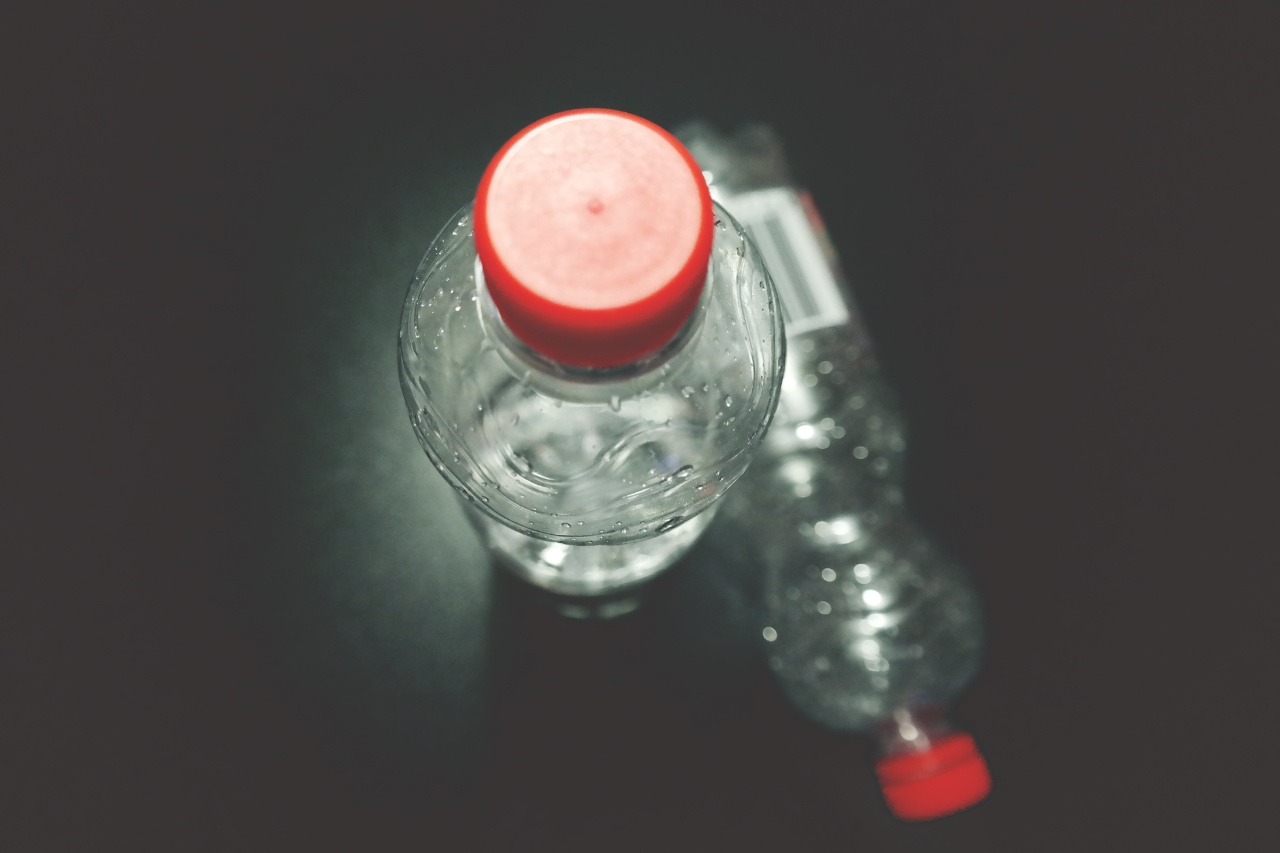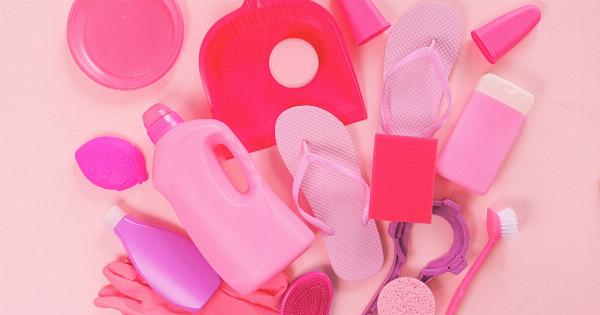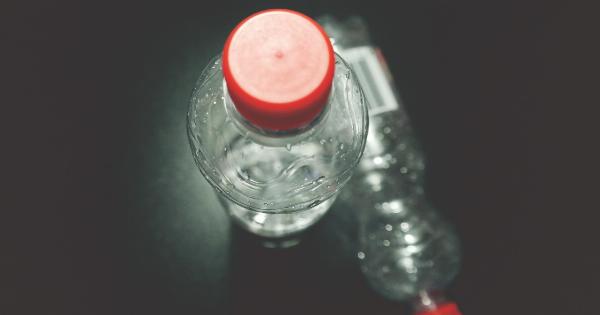Plastic bottles have become an integral part of our daily lives. Whether it is for storing water, beverages, or other liquids, plastic bottles offer convenience and portability.
However, there has been growing concern about the potential health hazards associated with the use of plastic bottles. This article aims to explore the various health risks posed by plastic bottles and the measures we can take to mitigate these dangers.
The Composition of Plastic Bottles
Plastic bottles are typically made from polyethylene terephthalate (PET) or high-density polyethylene (HDPE). These materials are lightweight, durable, and resistant to chemical interactions.
However, they also contain various additives, such as plasticizers and colorants, to enhance their properties. It is these additives that can pose health risks when they leach into the liquids stored in plastic bottles.
Bisphenol A (BPA) and its Effects
One of the most well-known additives found in plastic bottles is bisphenol A (BPA). BPA is a synthetic compound used in the production of polycarbonate plastics and epoxy resins, which are commonly used to make water bottles.
Numerous studies have linked BPA exposure to a range of health issues, including hormone disruption, reproductive problems, and developmental delays in children. Research has shown that BPA can leach into liquids, particularly when bottles are exposed to heat or when they are worn out.
Phthalates and their Impact on Health
Another group of additives found in plastic bottles are phthalates. These chemicals are commonly used as plasticizers to increase the flexibility and durability of plastic materials.
Phthalates have been linked to endocrine disruption, reproductive disorders, and even certain types of cancer. Studies have shown that phthalates can migrate from plastic bottles into the liquids they contain, especially when exposed to heat or when the bottles are reused or scratched.
Microplastics in Bottled Water
In recent years, concerns have also been raised about the presence of microplastics in bottled water. Microplastics are tiny particles of plastic less than 5 millimeters in size.
They can originate from the breakdown of larger plastic pieces or be introduced during the bottling process itself. Research has shown that microplastics can contaminate bottled water, and when consumed, they may pose health risks, including inflammation, oxidative stress, and potential damage to organs.
Possible Health Risks for Children
Children, in particular, may be more vulnerable to the health hazards associated with plastic bottles. Their organs are still developing, and their bodies are not as efficient at metabolizing and eliminating toxins.
Because of their smaller body weight, children may also have a higher exposure to chemicals when compared to adults. Therefore, it is essential to take extra precautions when it comes to using plastic bottles for children, particularly those containing liquids such as milk or juice.
Minimizing Health Risks
While plastic bottles may pose health hazards, there are steps we can take to minimize the risks to ourselves and our families:.
1. Opt for Alternatives
Consider using alternatives to plastic bottles, such as glass or stainless steel containers. These materials are generally considered safer and do not leach harmful substances into the liquids they hold.
Glass and stainless steel also offer better insulation, keeping beverages at the desired temperature for longer.
2. Choose BPA-Free Bottles
If you prefer to continue using plastic bottles, look for those labeled as BPA-free. Many manufacturers have started producing bottles without BPA, reducing the risk of exposure to this harmful chemical.
However, it is essential to note that BPA-free does not necessarily mean free from other potentially harmful additives.
3. Avoid High Temperatures
Avoid exposing plastic bottles to high temperatures. Heat can accelerate the leaching process, causing chemicals to migrate more rapidly into the liquids.
Instead, opt for storing beverages in cool areas or use insulated containers to maintain the desired temperature.
4. Limit Bottle Reuse
Plastic bottles are not designed for long-term reuse. When bottles become worn out or scratched, they are more likely to leach harmful chemicals.
If using plastic bottles, it is advisable to replace them regularly and avoid reusing bottles beyond their intended lifespan.
5. Proper Disposal and Recycling
Dispose of plastic bottles appropriately and ensure they are recycled whenever possible. Recycling helps reduce the environmental impact of plastic waste and mitigates the chances of these bottles ending up in our oceans and affecting marine life.
It is crucial to choose recycling methods that are eco-friendly and ensure the bottles are properly cleaned before recycling.
Conclusion
While plastic bottles offer convenience, they also pose potential health hazards due to the additives they contain.
Bisphenol A (BPA), phthalates, and microplastics can leach into the liquids stored in these bottles, potentially leading to hormone disruption, reproductive problems, and other health issues. To minimize these risks, it is advisable to explore alternative options like glass or stainless steel containers and choose BPA-free plastic bottles.
Additionally, avoiding high temperatures, limiting reuse, and proper disposal and recycling practices can help reduce the potential health risks associated with plastic bottles.





























